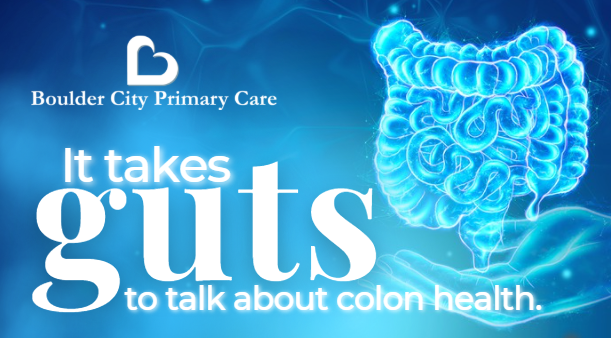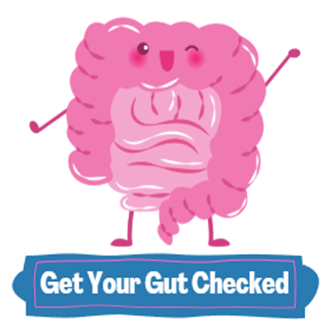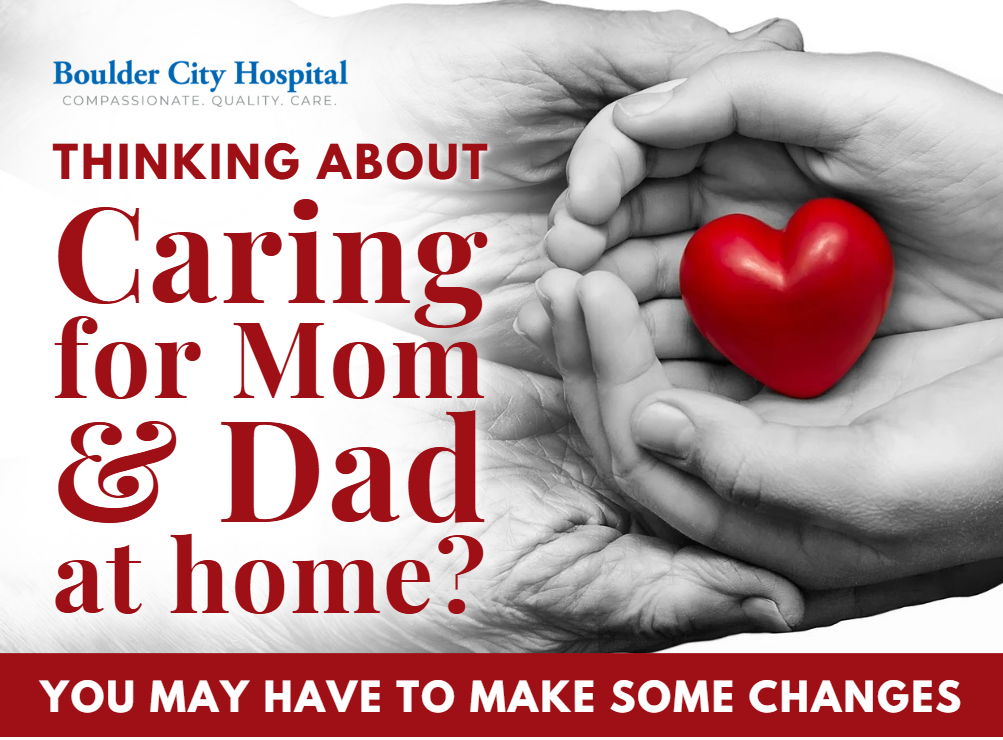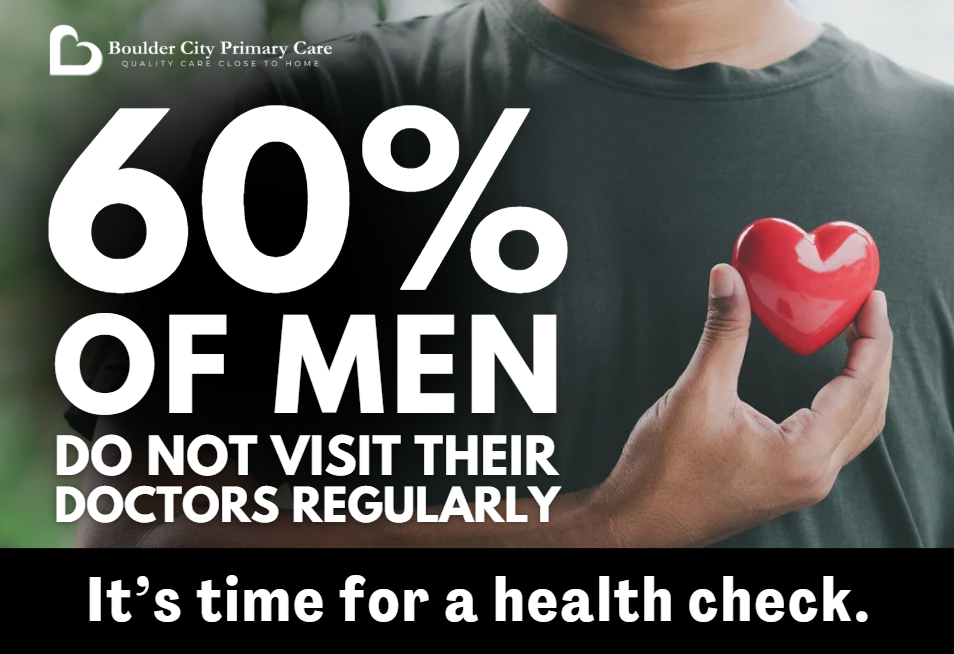
Colorectal cancer is the 4th most common cancer in men and women and the 4th leading cause of cancer-related deaths in the United States.
According to the Centers for Disease Control and Prevention (CDC), 7 in 10 adults in the U.S. aged 50 to 75 are up to date with colorectal cancer screening however, in 2021, the CDC lowered the recommended age for colorectal cancer screening for adults to begin at age 45.
Why Gut Health Matters
Keeping your gut healthy is important to your overall health because the food you eat and the nutrients absorbed support your body’s functions. Your gut is the most central organ that other organs depend on for life-supporting nutrition.
Taking care of your gut can not only decrease your chances of developing precancerous or cancerous cells, but can improve your immunity, digestion, sleep, skin health and mental health.
 Approximately 20% of U.S. adults aged 45 to 75 have never been screened for colorectal cancer.
Approximately 20% of U.S. adults aged 45 to 75 have never been screened for colorectal cancer.- More than 150,000 new cases of colorectal cancer occur each year.
- American Cancer Society reports, “People born in 1990 have double the risk of colon cancer and quadruple the risk of rectal cancer compared to people born around 1950.”
- Colorectal cancer has been linked to inflammatory bowel disease, Crohn’s disease and ulcerative colitis as well as cigarette smoking, heavy alcohol consumption, a lack of exercise, and a high-fat/low-fiber diet.
Talk to Your Healthcare Provider About Scheduling a Colonoscopy
Gastroenterologist and colon cancer expert, Carol Burke, M.D., said “If you’ve got a colon, you’re at risk.” Colon cancer can happen to anyone. Adults age 45 and older should speak with their healthcare provider about scheduling a colonoscopy.
Ask Your Healthcare Provider About a Colonoscopy.
Symptoms of colon cancer
- Change in bowel habits.
- Rectal bleeding or blood in the stool.
- Ongoing belly cramps, gas or pain.
- A feeling that the bowel doesn’t empty all the way during a bowel movement.
- Weakness or tiredness.
- Losing weight without trying.
If you are 45 years old or older, get screened now. If you think you may be at an increased risk for colorectal cancer, speak with your doctor about when to begin screening, which test is right for you, and how often to get tested.
Contact us today. Scheduling an appointment with a primary care provider is easy.
- Call 702-698-8342
- Schedule an Appointment
- Scan the code:



